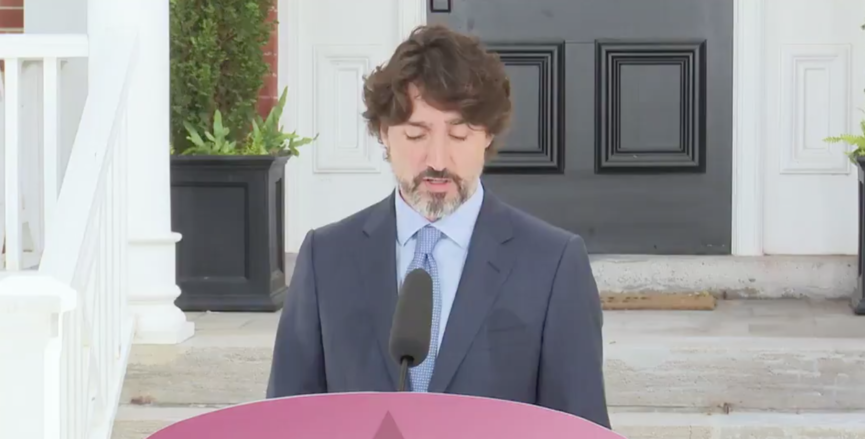There is one and only one reason, in my opinion, for the resounding defeat of Canada’s bid for a Security Council seat at the UN: Palestine. It has been a UN focus — almost obsession — since the vote for partition in 1948, though it’s taken various forms. The current version is opposition to Israel’s intention to annex large chunks of the occupied territories that it conquered 53 years ago, on which it has planted many settlements.
UN attention to this issue is so intense that you can readily access voting stats of contenders for the seat, the way you could once check how teams are doing in the sports world. So, just in this century, on votes backing, somehow or other, the Palestinian cause, our rivals for the seat, Ireland and Norway, voted yes 251 and 249 times, while Canada did so 87 times — and 85 of those were from 2000 to 2010. Post-2010, one of our only two yes votes came last December, with the Security Council vote looming. So that might merit an asterisk, like this year’s World Series winner, if it’s played.
On these effectively “pro-Palestinian” motions, Canada voted no 166 times. The other two never did.
None of the other arguments mounted by critics, especially Canadians, really mattered: our failure on climate targets, the government purchase of a honking big pipeline company, or our mining companies that ravage African and Latin American countries. Those countries though, have many votes at the UN and long memories of bitter settler and colonial experiences.
I’m not saying former colonies are morally pure. Power warps everyone and foreign policy is a swamp. But Palestinian rights are iconic in most of the world, as opposing apartheid once was. That regime’s few supporters, like the U.S. and U.K., used to complain there were lots of situations as bad or worse that didn’t get the same attention. Canada made a similar argument to justify why it voted against pro-Palestinian resolutions: that they unfairly singled out Israel.
In the vote for the Security Council seat, it was irrelevant. The world has made up its mind on this. Can’t anyone at Fort Pearson count?
Liberals whose judgment I trust have told me the main reason for the “anti-Palestinian” tilt is electoral concern about a batch of ridings that Stephen Harper snatched by portraying himself as a staunch “friend of Israel.”
If that’s how they want to play it, fine. But I don’t understand why they thought they could pull off a Security Council seat with the lofty slogan “Canada is Back.” The problem isn’t the hypocrisy; that’s perfectly normal. But it’s stupid and obtuse.
They show a similar dimness on their other high-minded promises, like our climate obligations or rectifying the relationship with Indigenous peoples, which would mean eliminating the Indian Act. Or Justin’s proud boast in 2015 that we’d never see another first-past-the post election. They dropped that casually one day as they crossed the street and haven’t mentioned it since.
There’s been a similar diminution in Justin’s presence and language, despite his daily TV gigs, which drive the Tories crazy. They should worry less. He seems hesitant, overly cautious and unspontaneous. In fact his best moments, I’d say, have been when he stopped talking, like that brilliant 21-second silence when asked about Trump. It was eloquent, planned or not. Or taking a knee at an anti-racism protest, while saying absolutely nothing.
Oddly, the one area where they’ve been brave and bold is their economic response since COVID. They’ve shaken off the timidity about deficits that hobbled Chrétien and Martin, and which makes all Tories cower. And given the money not to the rich, as in 2008, but to those in real need, for the most part.
Do I have a theory on why they’ve unexpectedly done that in the face of the rest of their rancid record? Not a clue, I’m afraid.
Rick Salutin writes about current affairs and politics. This column was first published in the Toronto Star.
Image: CanadianPM/Twitter



